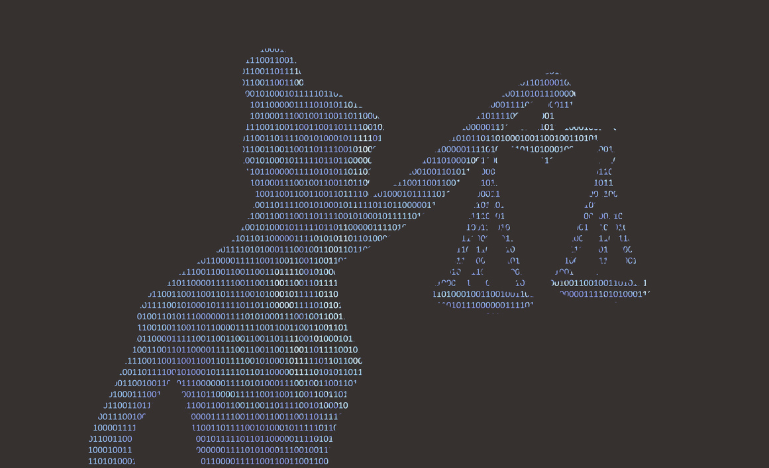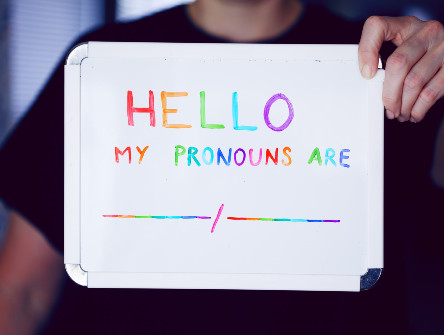Arbitration's AI opportunity
Arbitral tribunals can lead the way in integrating AI in legal proceedings.

There is considerable debate surrounding the threats AI robots pose to the legal profession. Regardless of the eventual outcome, both courts and arbitral tribunals need to adapt and explore optimal ways to integrate this technology into their operations. An outright rejection of AI is not the answer. Instead, we must strategically deploy AI in a measured way to support the adjudicative process.
Arbitral tribunals are probably better equipped for this task than the courts are.
Indeed, we must look beyond the notion that AI is a prospective threat. AI is already upon us, and we use it regularly in litigation to analyze and extract meaning from large volumes of documents. Until now, its scope has been mainly confined to identifying keywords or relevant documents for production. But AI is now moving beyond document management and progressing towards "predictive justice." It is now advanced enough to analyze cases and derive probabilities for deciding a case.
An AI algorithm can sift through a large volume of documents and pleadings and predict an outcome with greater accuracy than a human. This is a game changer for the profession. The real challenge lies in determining the extent to which AI can be integrated into the adjudicative process and identifying the outer limits of its application.
The challenge will be greater for the courts, as they are entrenched in a legal system that is not nimble enough to accommodate these changing technologies. They also face constraints imposed by precedent and tradition. It is common practice for parties to spend large amounts of money and energy pursuing a decisive piece of evidence, even though they rarely have much impact on case outcomes. Our legal system is unlikely to allow AI to play a role in exercising judicial discretion.
A few years ago, in State v. Loomis, a case out of Wisconsin, the sentencing judge used AI algorithms to compare his sentencing decision with a computer-generated probability score to assess whether a given person would likely be a repeat offender. The decision was challenged before the Supreme Court of Wisconsin, which held that the judge's use of an AI algorithm was permitted because he only used the tool for information purposes. It was not part of the decision-making process.
It's a different story in matters that go to arbitration. The parties are free to mutually agree to be bound by an AI-generated decision, in whole or in part. They can structure a process that will respect equality and fairness and allow them to tender evidence for the AI tool to consider. The legislative arbitration framework doesn't preclude a measured use of AI, which is well beyond what traditional courts would ever tolerate.
While such use of AI could undermine the fundamental right to be heard that is deeply enshrined in the law of arbitration, it's an argument that will have to be tested before the courts. For now, there is no reason why parties to an arbitration can't negotiate an agreement that can safeguard equality and fairness. Suffice it to say the law of arbitration allows for the use of AI in a manner that is not permissible before the courts.
In that regard, there is an opportunity for arbitration as it is uniquely positioned to embrace AI in a far more responsive manner than the courts. In arbitration, parties negotiate terms tailored to the specific case at hand, making the process more responsive. This flexibility allows parties to adopt a rational approach where marginal costs align better with marginal gains. They can trade away rights and processes to establish a proportionate dispute resolution process. Many permutations exist, including using AI to decide a technical matter or its deployment to adjudicate the entire dispute. The arbitration community has to start thinking about these possibilities and how it is uniquely positioned to adapt to the technology. As for the courts, they will be turning to the arbitration world and, hopefully, make their own adjustments accordingly.


